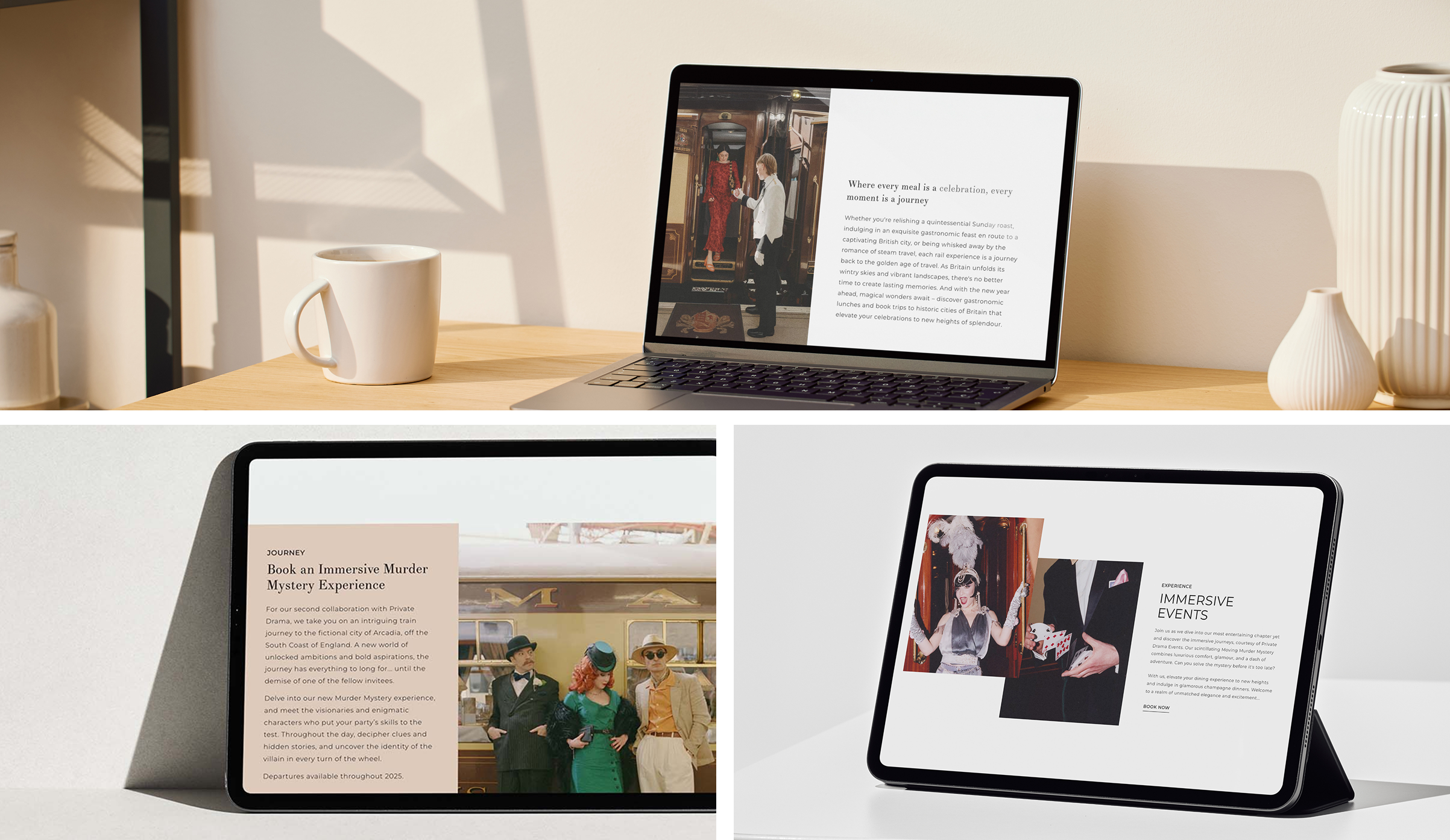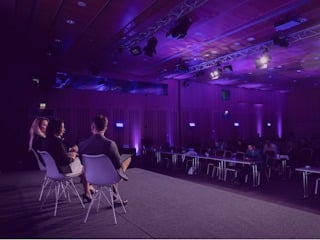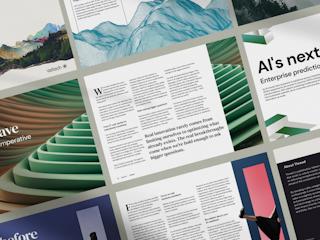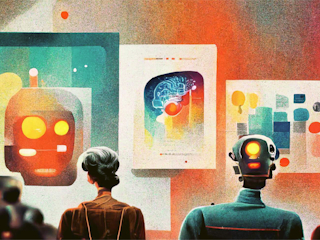This trend reflects a deeper cultural pivot away from the fear of missing out (FOMO) and toward the joy of missing out (JOMO). It’s not just about where you go, but how deeply you engage with it. Travelers want more than activities. They want meaning.
The data behind the shift
Our Global Travel & Hospitality 2025 Outlook highlights how slow travel has emerged as a leading global trend, with strong support from consumer research and industry shifts:
- Hilton found that 22% of travelers now seek getaways focused on self-discovery and mental health, underlining how emotional well-being is reshaping trip motivations.
- Expedia reports that 62% of travelers feel slow travel reduces stress and improves connection with loved ones.
- Condé Nast refers to slow travel as an umbrella trend encapsulating related behaviors, from longer honeymoons to family sabbaticals and digital detoxes.
Soft travel, a parallel idea, emphasizes comfort, restorative experiences and mental rejuvenation. This aligns closely with a rising interest in wellness tourism, nature immersion and purpose-driven journeys.
Market shifts: the business of slowing down
The shift isn’t just ideological. It’s influencing how companies build travel experiences.
- British Pullman’s luxury train service offers immersive journeys through countryside landscapes, including theatrical experiences like a "Murder Mystery Experience" onboard. The journey is the destination.
- Newfoundland and Labrador Tourism has leaned into authenticity with campaigns that prioritize community, natural beauty and quiet adventure — think whale watching, coastal hikes, and local storytelling.
Even high-growth itinerary platforms like Intrepid Travel are diversifying their offerings into both "Comfort" and "Adventure" tracks, always with an emphasis on regional authenticity.
Cultural drivers
This move toward slower travel is more than a trend. It’s a reflection of post-pandemic values and shifting generational priorities:
- Burnout culture: Many travelers are escaping increasingly digital, fast-paced lives. Slower travel provides the antidote to hyperproductivity.
- Sustainability: Longer stays and less rushed travel tend to be more eco-friendly. Fewer flights, deeper local engagement and less extractive tourism align with climate-conscious values.
- Generational change: Millennials and Gen Z value experiences over possessions. But the kind of experiences they’re drawn to has evolved from adrenaline highs to emotional depth.








